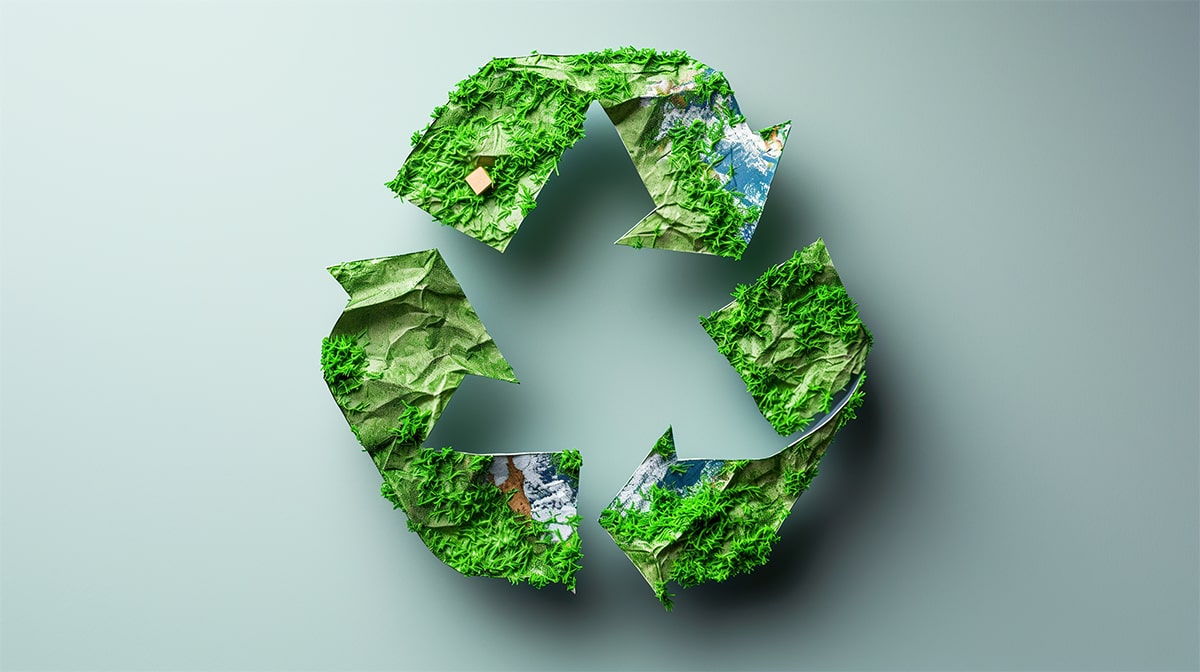Abstract
The new German Closed Cycle Management Act is aimed to turn the waste management into a resource management. The realisation that waste can be a useful source of raw materials and energy is not new; metals, glass, and textiles have been collected before and put to new use. The waste management policy, which has been adapted in Germany over the past 20 years, is based on closed cycles and assigns disposal responsibilities to manufacturers and distributors of products. This has made people even more aware of the necessity to separate waste, led to the introduction of new disposal technologies, and increased recycling capacities. Today, 14 per cent of the raw materials used by the German industry are recovered waste. Modern closed cycle management contributes, with a share of approximately 20 per cent, to achieve the German Kyoto targets on the reduction of climate-relevant emissions.
Introduction
The Federal Ministry for the Environment, Nature Conservation and Nuclear Safety publish data and publications of the waste management in Germany. The following article will use these publications very closely to describe the waste situation in Germany (Jaron and Flaschentreher, 2012). The new German Closed Cycle Management Act (Kreislaufwirtschaftsgesetz, KrWG) is aimed to turn the waste management into a resource management. The realisation that waste can be a useful source of raw materials and energy is not new; metals, glass, and textiles have been collected before and put to new use. The waste management policy, which has been adapted in Germany over the past 20 years, is based on closed cycles and assigns disposal responsibilities to manufacturers and distributors of products. This has made people even more aware of the necessity to separate waste, led to the introduction of new disposal technologies, and increased recycling capacities. Today, 14 per cent of the raw materials used by the German industry are recovered waste, thus leads to a reduction of the extraction levels and of the related environmental impacts. Modern closed cycle management contributes, with a share of approximately 20 per cent, to achieve the German Kyoto targets on the reduction of climate-relevant emissions. Closed cycle management is not only a contribution to the environmental protection, it also pays off economically. The waste management industry has become an extensive and powerful economic sector in Germany: almost 200,000 people are employed in approximately 3,000 companies which generate an annual turnover of approximately 40 billion euro. 15,000 installations contribute to resource efficiency by recycling and recovery procedures. High recycling rates of approximately 60 per cent for municipal waste, 60 per cent for commercial waste, and 90 per cent for construction and demolition waste speak for themselves.
Source
